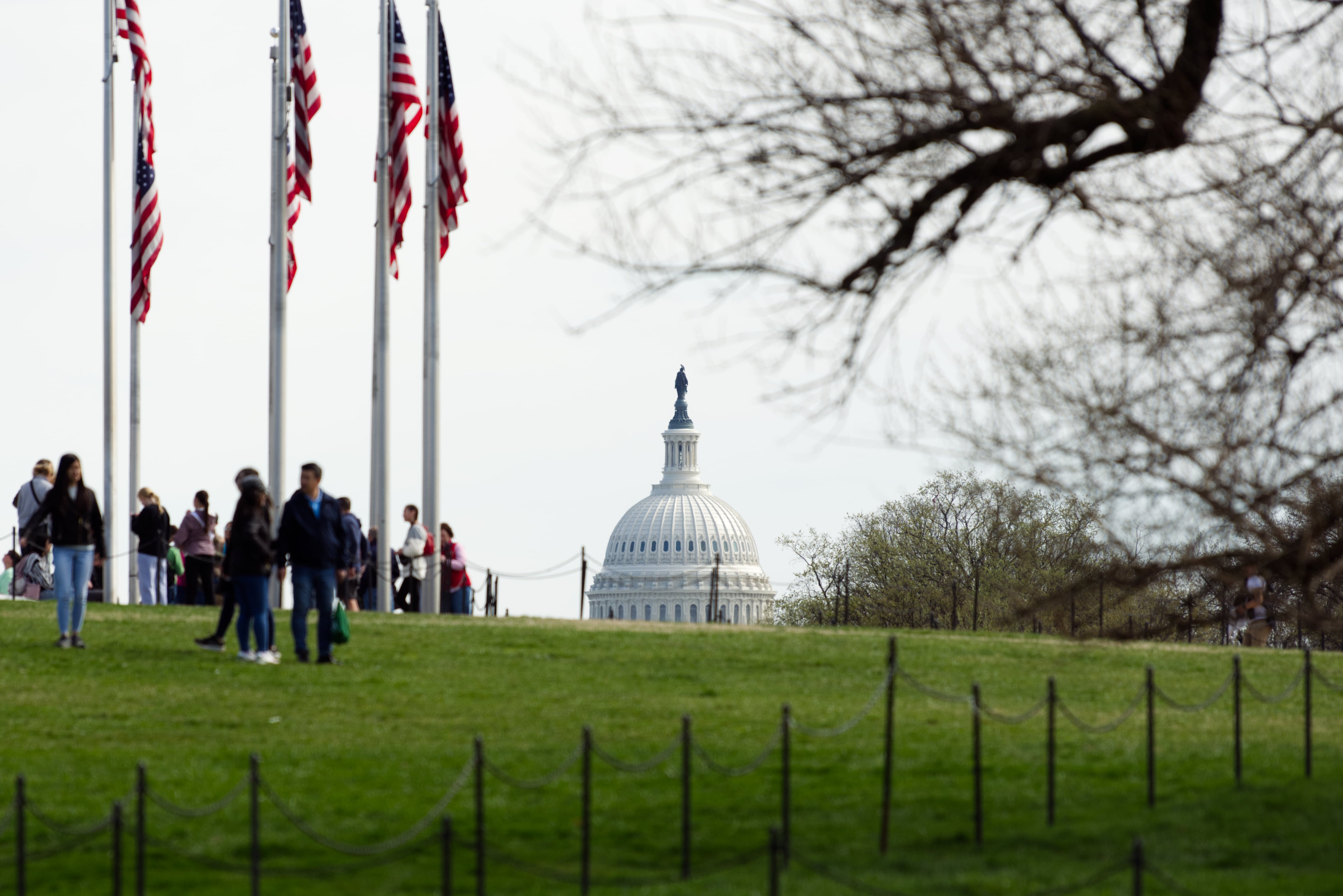America is an aerospace nation and flying is its life’s blood. Management of this precious resource is the responsibility of our air traffic control (ATC) system, and our ATC is the envy of the free world — the safest and most capable such organization on the globe.
The Department of Defense relies on the Federal Aviation Administration for air defense and national security. The National Capital Region, for example, relies on ATC to search and identify air threats before summoning DoD and U.S. Customs aircraft to intercept.
Congress is in discussions to dismantle the ATC structure and governance, and replace it with a nonprofit corporation. In the background, major airlines and special interest groups are leading an effort to seize control of our air traffic system and align it with their priorities. DoD would have less input, while smaller aviation actors and general aviation would likely be treated with the same care the airlines have for their passengers’ baggage.
Specifically, Congress is considering an ATC privatization proposal in the form of a six-year reauthorization of the FAA, the 21st century Aviation Innovation, Reform, and Reauthorization (AIRR) Act. This risks surrendering one of our nation’s most valuable commodities to private hands.
Following Canada’s lead, the administration proposes establishing an independent, nongovernment, 13-member board of directors dominated by the major airlines and their allies. This proposal transfers billions of dollars in taxpayer investments and assets to those with the largest pocketbooks in aviation.
The appointed board would be empowered to set and collect revenues, and corporate priorities will likely drive them to allocate resources and regulate airspace to optimize profit. Airport traffic will fund the system and, as they rise, smaller players — including smaller aviation organizations and the general aviation community — will bear the brunt of the costs. In the current system, users have avenues to redress grievances. However, a 13-member board may prove less responsive.
Sixty nations have privatized their air traffic control systems; however, none has suggested removing government oversight. As proposed, the AIRR Act relinquishes control of previous investments, as well as passenger comfort and safety.
Proponents incorrectly cite much smaller privatized systems around the world. The Canadian system costs more per mile of travel than the U.S. system and has increased fees to remain solvent. The UK system required a large government bailout. Australia charges pilots for obtaining weather reports, filing flight plans, and practicing approaches and landings. Many pilots avoid costs by not using the services — a risk to flight safety.
Airlines and their allies should not have public responsibility of ATC. Airlines cause half of today’s travel delays through mismanagement and they seem only marginally responsive to passenger complaints, late arrivals, passenger comfort, lost baggage, and smaller, less profitable routes.
Many consumer groups, national and civic leaders, business leaders, and think tanks oppose the initiative. Three independent research groups highlighted the flaws in the AIRR proposal, and the Congressional Budget Office calculated that the AIRR Act will increase the nation’s deficit by $98.5 billion over 10 years.
The U.S. has the largest, busiest and most complex airspace in the world. It is also the safest. The last fatal crash of a U.S. passenger plane was in 2009 and the nation’s commercial accident record has remained spotless. Why would we change such a successful system? Not surprisingly, since DoD relies on the FAA for aspects of our national security, it has “serious concerns” regarding proposed changes.
The general aviation community, including the Civil Air Patrol, is a vital pipeline for producing tens of thousands of pilots for the next generation. The privatization scheme jeopardizes our aviation production through increased costs, corporate bureaucracy and higher-cost pilot training programs. Researchers at the University of North Dakota have attributed declining pilot certificates to escalating costs, and the AIRR Act will make these more expensive for future generations.
Airlines, with unilateral power to control access and set fees, will raise costs that will be borne by passengers and the general aviation sector of more than 5,000 airports. Many small businesses are likely to collapse with rural airports and jobs evaporating. As a result, almost 200 general aviation organizations, collectively representing more than 1 million jobs, are against the AIRR Act.
Our current ATC is not bleeding money; the recently updated Next Generation Air Transportation System has saved our nation $2.72 billion in passenger time, fuel and operating costs. Dismantling the current ATC will cost much more money.
Thomas Bertram, President Carter’s director of the Office of Management and Budget, reportedly coined the phrase “if it ain’t broke, don’t fix it.”He explained, “That’s the trouble with government: fixing things that aren’t broken and not fixing things that are broken.”
ATC is a prime example. Management of our national airspace is not broken and is critical for our nation. It needs to remain open to access, focused on security, and politically accountable. Placing our national security in the hands of those who cannot manage our luggage is hardly comforting.
Keith Zuegel is a retired colonel in the Air Force and earned a Silver Star in Operation Desert Storm. He is currently the Air Force Association’s senior director of government relations.





